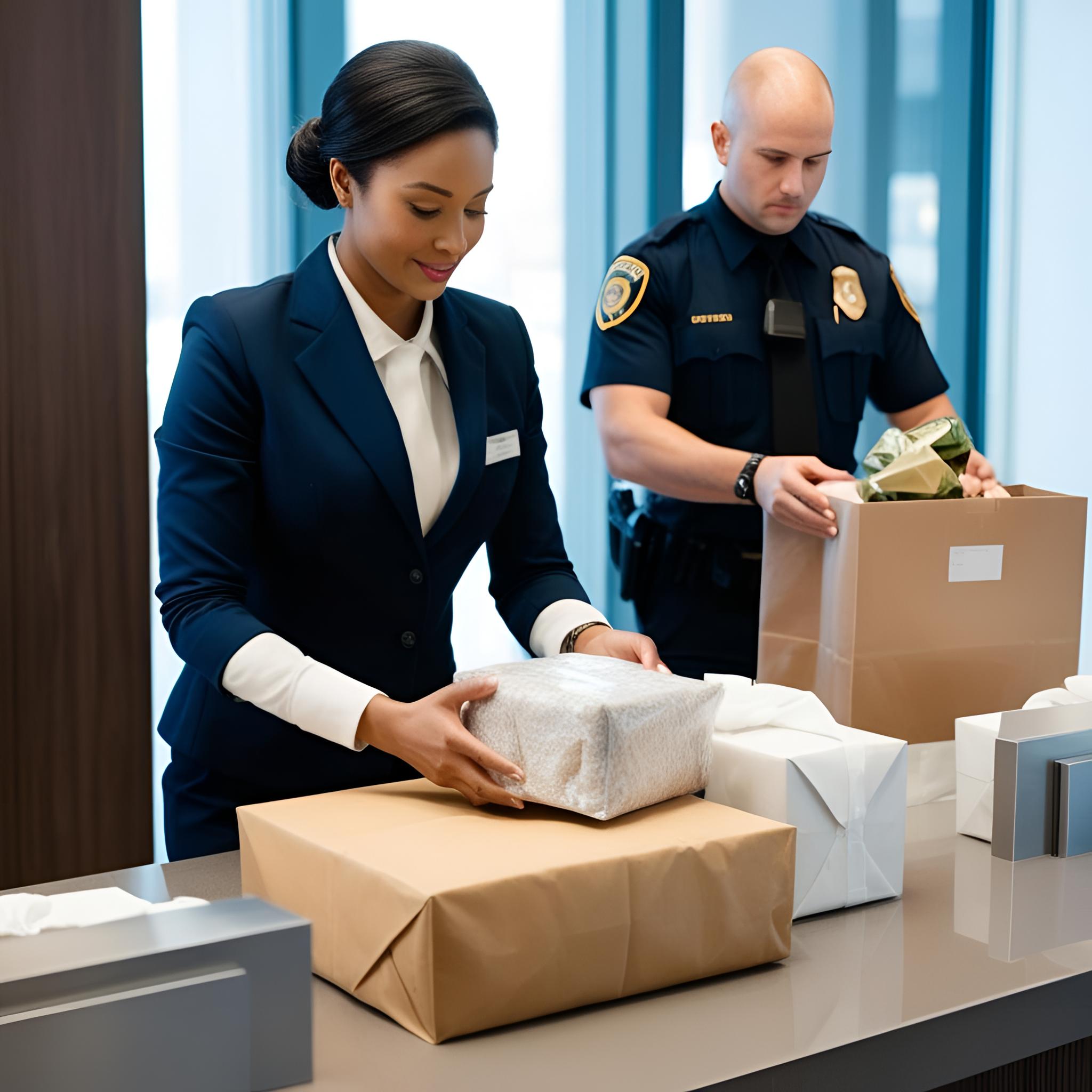
Course Details
Course Title: Handling Packages and Deliveries
Course Code: HPD-FO-2503-1.1
Course Accreditation
Accreditation Type: Certificate of Competency
Course Duration
Total Course Hours: 8 hours (1 day)
Course Fee
Total Course Fee: S$180/pax
Funding Available (If Applicable):
- Training Industry Professionals in Tourism (TIP-iT)
- NTUC Company Training Committee (CTC) Grant
Summary
Topics:
- Procedures for receiving and distributing guest and hotel packages.
Safety and Security Integration:
- Inspecting packages for suspicious contents.
- Recognizing and escalating potential security threats.


Learning Objectives and Learning Units for Handling Packages and Deliveries
Learning Objectives:
By the end of this course, learners will be able to:
- Follow proper procedures for receiving, logging, storing, and distributing guest and hotel packages.
- Ensure accurate and secure delivery of packages to the intended recipients.
- Inspect packages for suspicious contents and follow established security protocols.
- Identify potential security threats related to deliveries and escalate concerns appropriately.
Learning Units:
Unit 1: Procedures for Receiving and Distributing Guest and Hotel Packages
- Standard operating procedures (SOPs) for receiving deliveries.
- Proper documentation and logging of received packages.
- Secure storage and tracking methods for guest and hotel property deliveries.
- Delivering packages to the correct recipient while ensuring privacy and security.
Unit 2: Inspecting Packages for Suspicious Contents
- Identifying common red flags in suspicious packages (unusual odors, excessive tape, unverified senders).
- Using proper handling techniques to minimize risk.
- Understanding legal and organizational policies on package inspection.
- Role of X-ray scanning and other screening methods (if available).
Unit 3: Recognizing and Escalating Potential Security Threats
- Differentiating between routine and high-risk package deliveries.
- Steps to take when encountering an unclaimed or suspicious package.
- Immediate response actions and communication protocols with security teams.
- Coordinating with law enforcement and emergency services when necessary.
Unit 4: Practical Exercises and Case Studies
- Hands-on training in package handling and inspection.
- Role-playing exercises for suspicious package identification and escalation.
- Reviewing past security incidents related to deliveries and learning from best practices.
- Mock drills involving coordination between front office staff and security teams.
